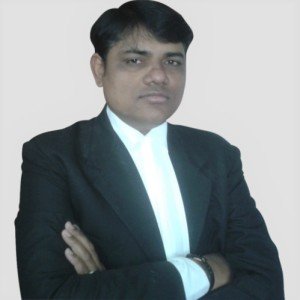SUPREME COURT OF INDIA – CODE OF CRIMINAL PROCEDURE SECTION 311 – THE FOLLOWING PRINCIPLES WILL HAVE TO BE BORNE IN MIND BY THE COURTS
Supreme Court of India
Date of Judgement: 4 July 2013
While dealing with an application under Section 311 Cr.P.C. read along with Section 138 of the Evidence Act, we feel the following principles will have to be borne in mind by the Courts:
a) Whether the Court is right in thinking that the new evidence is needed by it? Whether the evidence sought to be led in under Section 311 is noted by the Court for a just decision of a case?
b) The exercise of the widest discretionary power under Section 311 Cr.P.C. should ensure that the judgment should not be rendered on inchoate, inconclusive speculative presentation of facts, as thereby the ends of justice would be defeated.
c) If evidence of any witness appears to the Court to be essential to the just decision of the case, it is the power of the Court to summon and examine or recall and re-examine any such person.
d) The exercise of power under Section 311 Cr.P.C. should be resorted to only with the object of finding out the truth or obtaining proper proof for such facts, which will lead to a just and correct decision of the case.
e) The exercise of the said power cannot be dubbed as filling in a lacuna in a prosecution case, unless the facts and circumstances of the case make it apparent that the exercise of power by the Court would result in causing serious prejudice to the accused, resulting in miscarriage of justice.
f) The wide discretionary power should be exercised judiciously and not arbitrarily.
g) The Court must satisfy itself that it was in every respect essential to examine such a witness or to recall him for further examination in order to arrive at a just decision of the case.
h) The object of Section 311 Cr.P.C. simultaneously imposes a duty on the Court to determine the truth and to render a just decision. i) The Court arrives at the conclusion that additional evidence is necessary, not because it would be impossible to pronounce the judgment without it, but because there would be a failure of justice without such evidence being considered.
j) Exigency of the situation, fair play and good sense should be the safe guard, while exercising the discretion. The Court should bear in mind that no party in a trial can be foreclosed from correcting errors and that if proper evidence was not adduced or a relevant material was not brought on record due to any inadvertence, the Court should be magnanimous in permitting such mistakes to be rectified.
k) The Court should be conscious of the position that after all the trial is basically for the prisoners and the Court should afford an opportunity to them in the fairest manner possible. In that parity of reasoning, it would be safe to err in favour of the accused getting an opportunity rather than protecting the prosecution against possible prejudice at the cost of the accused. The Court should bear in mind that improper or capricious exercise of such a discretionary power, may lead to undesirable results.
l) The additional evidence must not be received as a disguise or to change the nature of the case against any of the party.
m) The power must be exercised keeping in mind that the evidence that is likely to be tendered, would be germane to the issue involved and also ensure that an opportunity of rebuttal is given to the other party.
n) The power under Section 311 Cr.P.C. must therefore, be invoked by the Court only in order to meet the ends of justice for strong and valid reasons and the same must be exercised with care, caution and circumspection. The Court should bear in mind that fair trial entails the interest of the accused, the victim and the society and, therefore, the grant of fair and proper opportunities to the persons concerned, must be ensured being a constitutional goal, as well as a human right.

